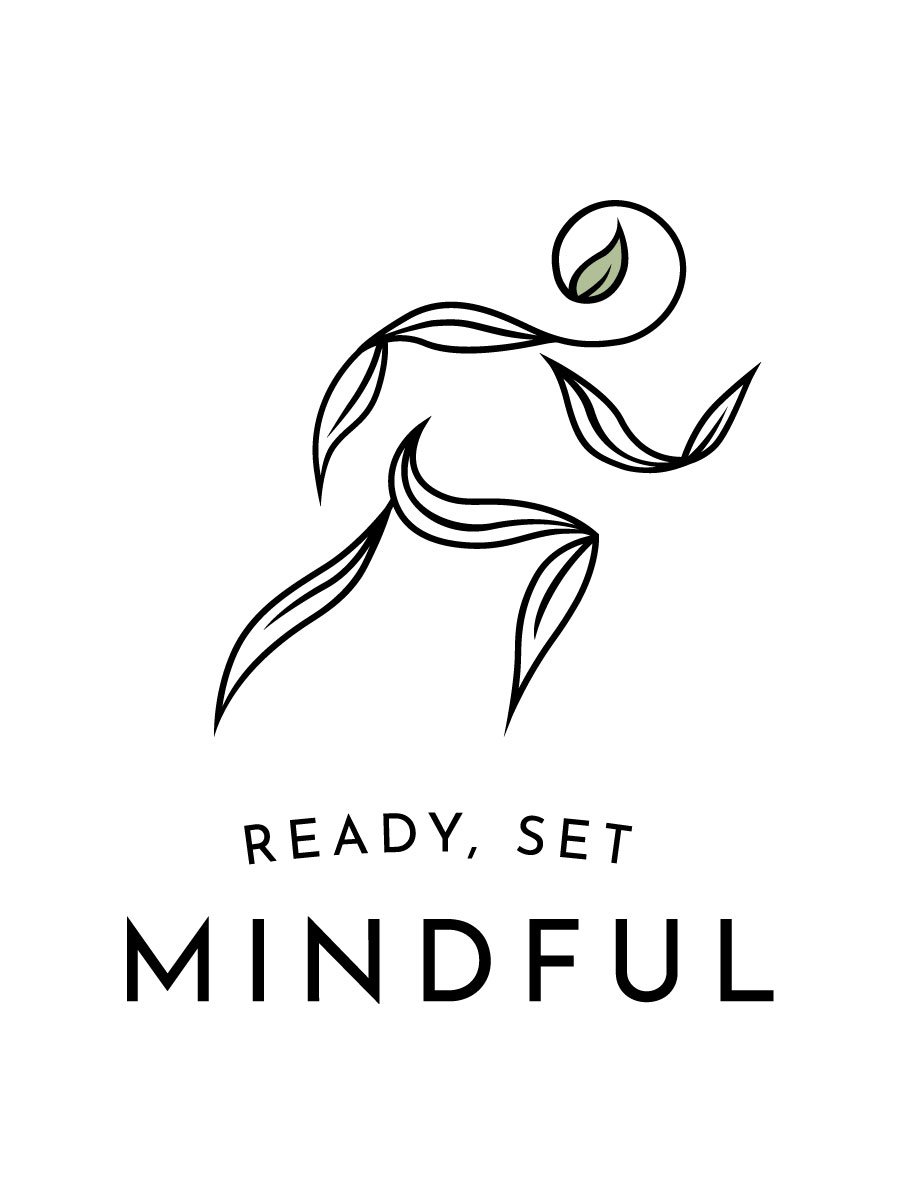
FAQ’S
Frequently Asked Questions
Frequently Asked Questions
Find the Answer You’re Looking For
-
Initial 60 minute Assessment: $200
Individual Therapy 50 min: $175
Couples Therapy 50 min: $195
Coaching + Therapy Packages are also available for a discount. Please schedule a free consult to discuss packages**
Nexus Letters for Veterans: Review + Strategy Consult: $350 Nexus Letter Completed & Delivered: $850
-
I do offer a sliding scale for enlisted active duty military members and student athletes. Please schedule a free 15 minute consult to discuss sliding scale rates.
-
No, I do not accept any insurance. I will collect payment in full from you at the time of service. If you have a PPO type plan and want to submit a claim for out-of-network reimbursement, I can give you an invoice called a ‘SUPERBILL’ for you to submit for reimbursement you may be entitled to. Please note that submitting an insurance claim means I will need to give you a mental health diagnosis.
-
Reason #1 Why I Don’t Accept Insurance: You Have to Be Given A Diagnosis
In order for your insurance to cover your therapy sessions, you must be given a diagnosis. Even if it’s not appropriate, there has to be a diagnosis. For example, if you are in therapy because you need support in coping with your recent break-up, you will have to be diagnosed with Depressive Disorder, Anxiety Disorder, or Adjustment Disorder at the very least. I am not in favor of labeling very normal life challenges as a mental illness.
Reason #2 Why I Don’t Accept Insurance: It’s Not Completely Confidential
If you eventually need a federal background check, want to go into the military, or a variety of other reasons, a diagnosis can be disclosed through your insurance company. It’s important to me that my clients feel safe to open up to me knowing that what’s said to me will stay between us.
Reason #3 Why I Don’t Accept Insurance: Insurance companies will then decide your treatment
Insurance companies determine the number of sessions and the frequency. Sometimes you may benefit from longer sessions, or twice a week, or maybe just once a month. This is a decision I feel most comfortable making in collaboration with my client, not one that I want dictated by an outside source.
-
The major difference between therapy and life coaching is the focus of the work: therapy focuses on mental health and emotional healing, while life coaching focuses on setting and achieving goals.
While therapists are trained mental health professionals who are in the regulated field of healthcare and require licensure, life coaches do not have mental health training and are not equipped to diagnose or treat mental health conditions (unless a life coach was previously trained as a therapist, which is also common).
Consider therapy if you want to heal or get help with a mental health concern; try life coaching if you need help getting “unstuck” or realizing a fuller potential.
GOOD NEWS!? I am both a licensed therapist AND life coach, so you get the best of both worlds when you work with me!
-
I do not work with children under the age of 12. I do not conduct child custody evaluations nor do I provide custody recommendations. I also don’t provide treatment for actively suicidal clients or clients with psychotic disorders (schizophrenia, schizoaffective disorder, etc), or personality disorders. Due to state licensing laws, I can only provide therapy and counseling to individuals residing in Washington state, Florida and Vermont. I am able to provide coaching services in all 50 states as well as internationally.
-
I like to start off seeing clients once a week, depending on their financial circumstances and treatment goals, so that we can build momentum. Once you have started to see progress and measurable changes, we can taper off of weekly sessions. I don’t want you to be in therapy forever! I am a solution focused therapist and want you to see cognitive and behavioral changes, gain some coping tools and not be dependent on therapy forever.
-
The initial session will be a 60 minute initial assessment (regular sessions beyond this session are 50 minutes) to discuss your history and needs for treatment. During this first session, you will have the opportunity to see how therapy will work and set specific goals for therapy or coaching.
-
All counseling sessions are conducted via a secure and easy-to-use Telehealth platform (similar to Zoom or Skype).
**In person therapy and coachinh is available via Walk & Talk Therapy for clients in the Tampa area**
-
Not at all! I work with athletes, military, couples, millennial women, teens, entrepreneurs, and men and women who struggle with anxiety and a wide range of mental health issues.
-
A high performer is an individual who consistently produces superior results in their field or area of expertise. They're often seen as the “go-to” person by their peers and others and are typically rewarded with greater opportunities and responsibilities.
-
Therapy helps athletes and high performers learn valuable out of the box solutions and therapy tools to decrease stress and anxiety that come naturally with performing at a high level. When athletes and high performers engage in therapy, they notice that they have an easier time getting and staying in the zone, respond better to stress, have improved focus, have more control of their emotions, decreased anxiety, and are able to let go of mistakes and bounce back quicker. Therapy literally rewires your brain to respond to stress better. The more athletes and high performers consistently use therapy as a tool, the bigger gains they see in their performance on the court/field and in life.
-
Meditation and mindfulness absolutely help to decrease anxiety, lreduce panic attacks and also reduce symptoms of depression. When you meditate, your are focusing on slowing down your thoughts, your breath and your response to stress. When you practice mindfu ness and meditation you are so much more capable of decreasing your anxiety depression, and knee-jerk responses to stress.

